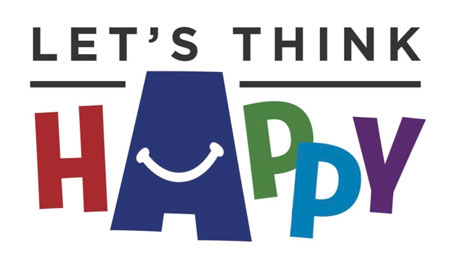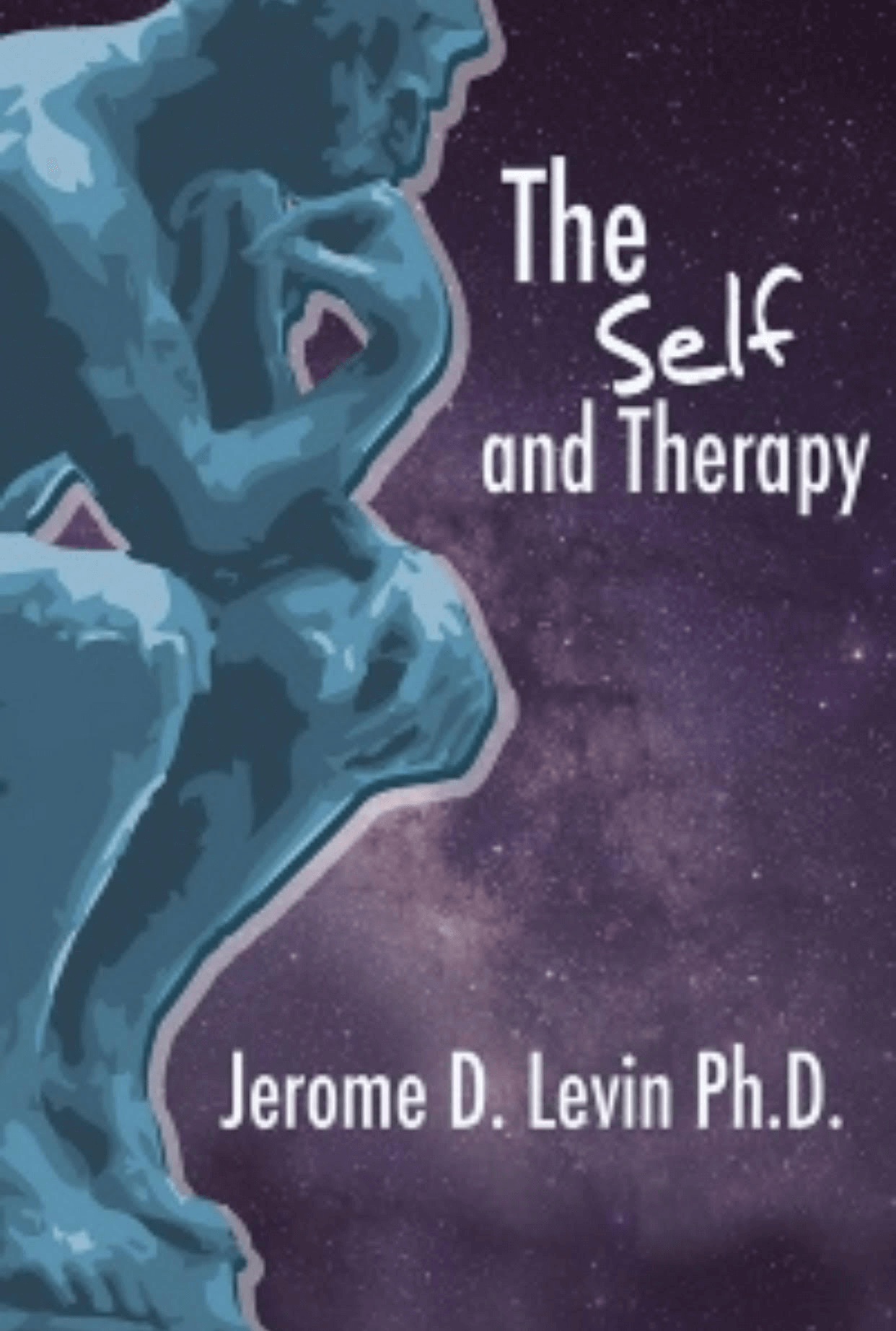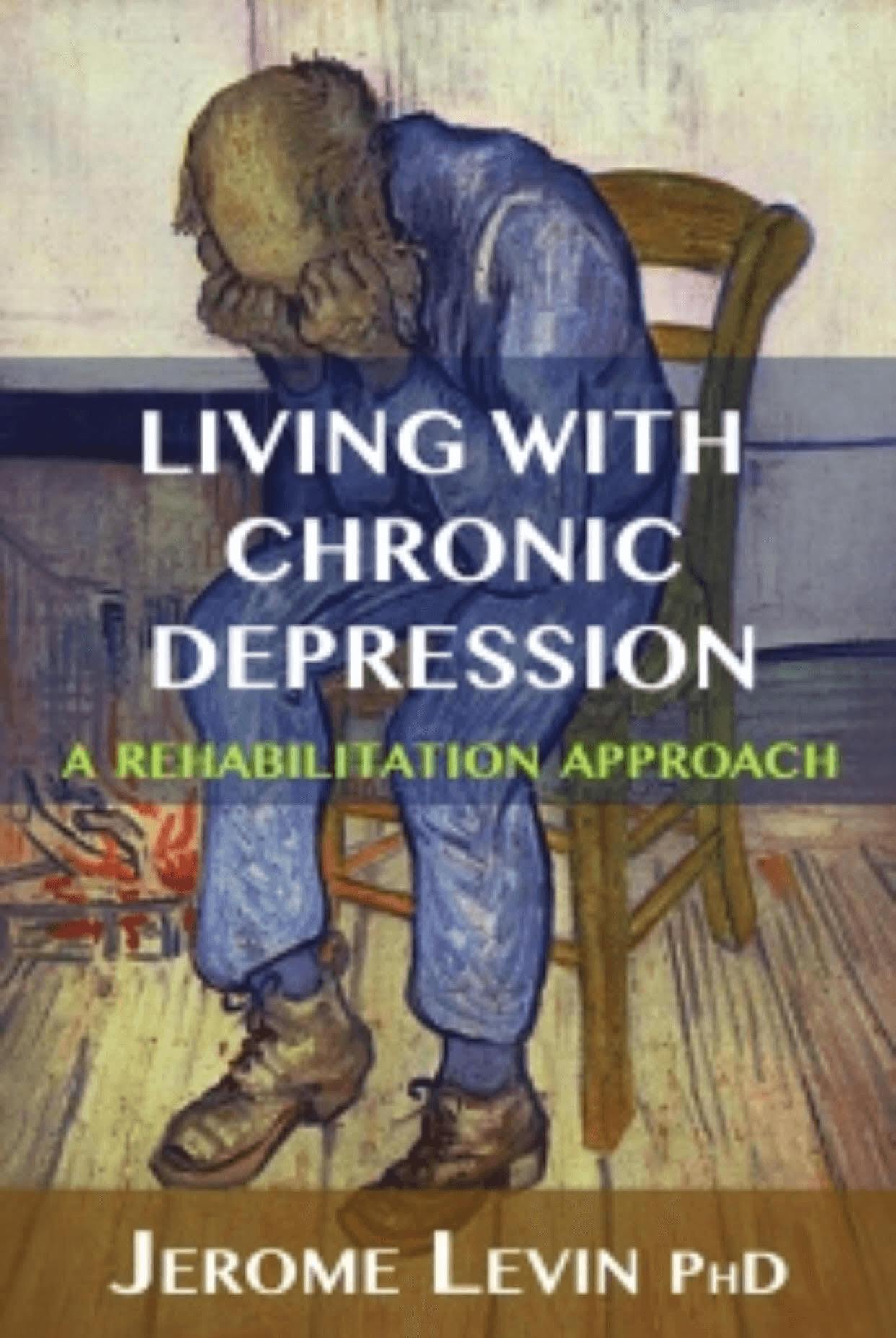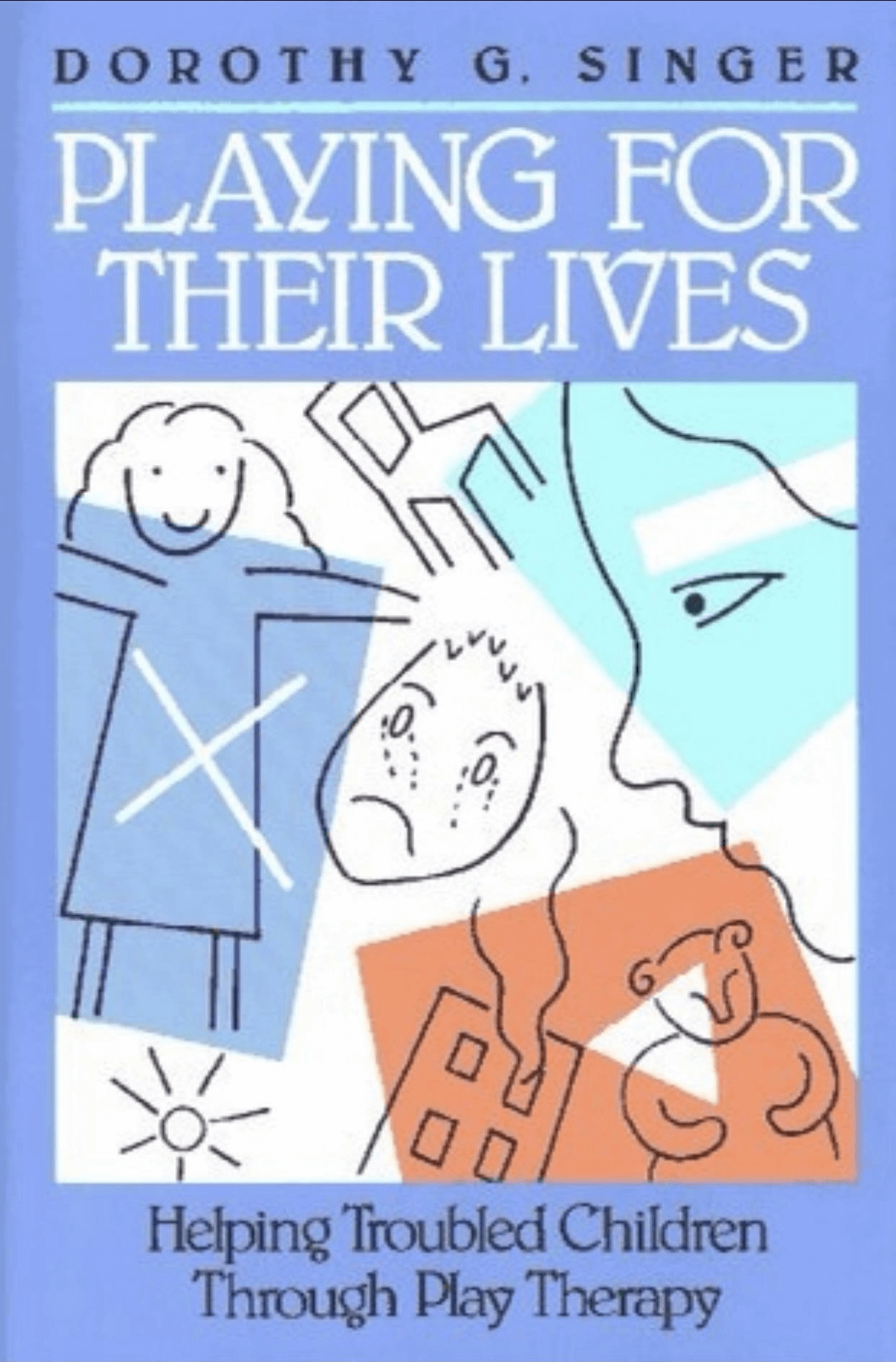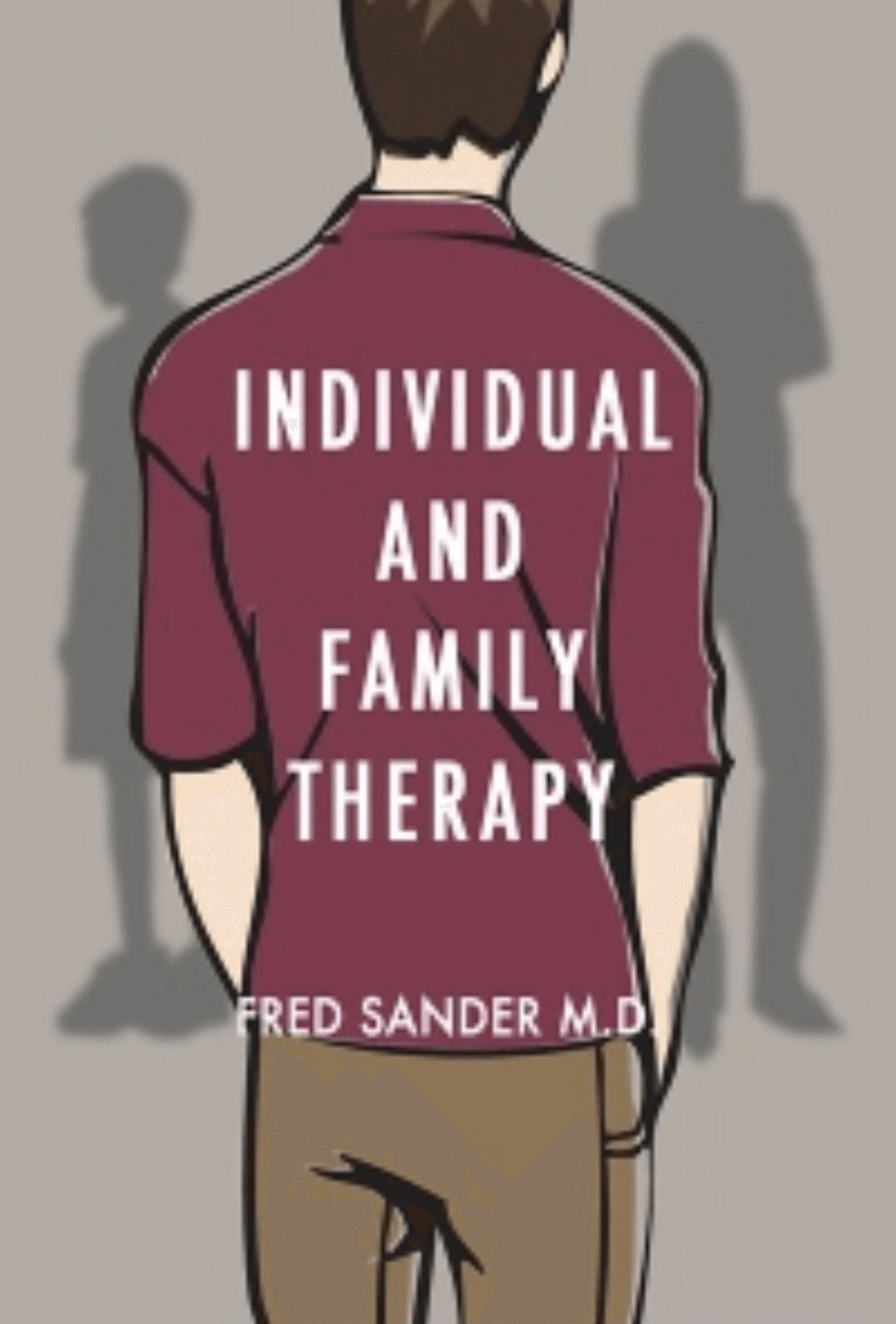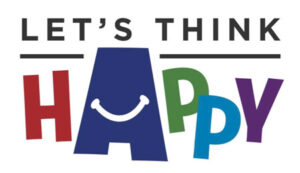Thank you for taking our questionnaire created by a licensed therapist! For privacy reasons, your results have been emailed to you.
Don’t go yet! If you’re serious about your mental health, you’re going to want your FULL RESULTS.
Here’s what you get with your full results:
1- A real-life professional who will help you find a therapist that meets your criteria. Whether you have insurance or not, we can help you!
2- Whether your answers have indicated a mental health condition such as Bipolar Disorder, Depression, OCD, Anxiety Disorder, Personality Disorder, ADHD/ADD, and more
3- SIX therapeutic PDF books (shown below)
“The only mistake you can make is not asking for help.”
– Sandeep Juahar
BUT WAIT, THERE’S MORE!
If you have multiple full results you wish to purchase, we highly recommend you take advantage of our monthly subscription. Pay only $15 per month to get an unlimited amount of full results! This is such a great deal for parents, teachers, social workers, and anyone else who needs more than one full result!
Note: payments are billed monthly automatically but you can cancel at any time.
– or –
Already a Member?
